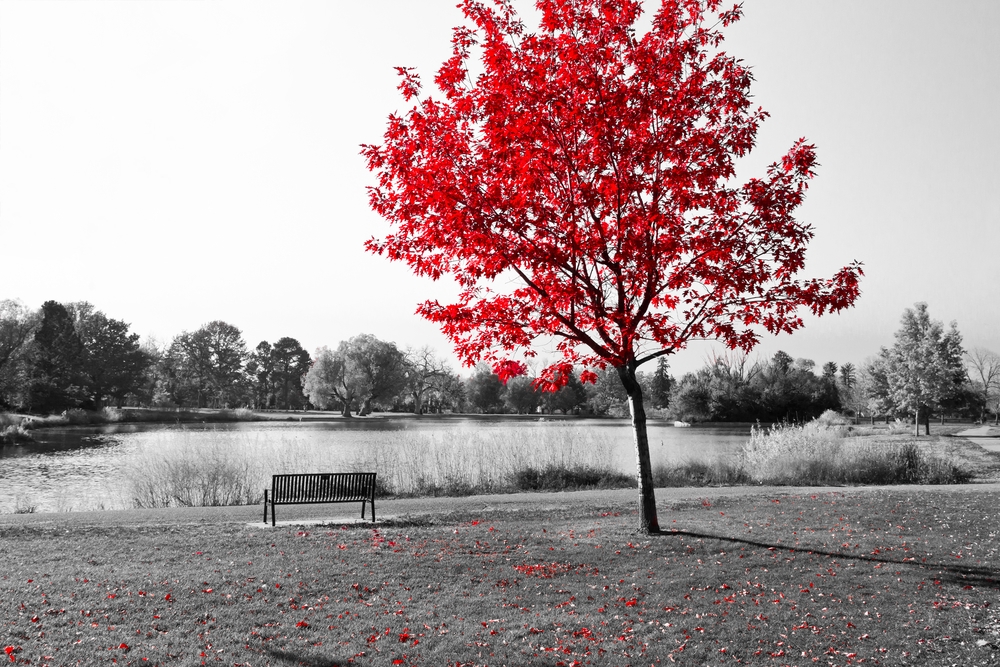March 21st is the day ( and night also ) when the enlightenment happened to Osho in the year 1953. This is the day every year when there’s a perfect existential harmony: it’s called the equinox, which is Latin for the equal night, meaning that day and night are (roughly) equal at this time.
Bart Everson, Xavier University of Louisiana, wrote on the Quora social network, wrote: There are two equinoxes, one in the fall and one in the spring. As we know that in winter, days are short and nights are long. In summer, the reverse is true. We can put it this way that the year as divided into a dark half–more hours of darkness–and a light half–more hours of light. The equinoxes mark the transition point between these dark and light halves of the year. The Earth is tilted on its axis with regard to the sun. When our hemisphere is tilted toward the sun, we get more hours of light. When we are tilted away, we get fewer hours of light. The equinox occurs at the precise moment in Earth’s journey when the planet’s axis is neither tilted away from nor toward the sun. Around this time, day and night are equal everywhere, from the poles to the equator. It’s a truly global event that really ought to be recognized and celebrated by all humanity.
To me, Osho’s message of transcending duality between the polarities of light and darkness, good and bad, happiness and suffering becomes very significant in this context. Our mind keeps on moving between these two polarities. Duality is an essential feature of our mind– happiness and sadness, success and failure, male-female, positive-negative and on and on, the list is endless. The Chinese enlightened mystic Lao Tzu articulated originally and said that we experience beauty because of ugliness. We experience good as good only because there is evil. Similarly, existence and non-existence give rise to one another. Difficult and easy, long and short, high and low, before and after, the music and the silence; all cannot exist without the other. But it is our mind that finds it hard to accept and we cannot relax. The relaxation cannot happen without the realization of inherent non-duality and oneness.
Under heaven all can see beauty as beauty,
(Lao Tzu, The Tao Te Ching-2nd verse)
only because there is ugliness.
All can know good as good only because there is evil.
Being and nonbeing produce each other.
The difficult is born in the easy.
Long is defined by short, the high by the low.
Before and after go along with each other.
So the sage lives openly with apparent duality and paradoxical unity.
The sage can act without effort and teach without words.
Nurturing things without possessing them, he works, but not for rewards;
he competes, but not for results.
When the work is done, it is forgotten.
That is why it lasts forever.
Osho’s vision and insights are so much in tune with the Eternal Tao of Lao Tzu. In Pune and in Rajneeshpuram, Osho gave the name to his house–Lao Tzu House. He talks about it in The Glimpses of Golden Childhood: ….I have never had a house. Even this house, I cannot call mine. From the first one to the last, perhaps this is not the last, but whichever is the last, I cannot call it my house. Just to hide the fact, I call it Lao Tzu House. Lao Tzu has nothing to do with it. I know the man. I know that if he meets me – and someday a meeting is bound to happen – the first thing he will ask will be, “Why did you name your house Lao Tzu House?” Naturally, the curiosity of a child – and nobody could be more childlike than Lao Tzu, neither Buddha nor Jesus nor Mohammed, and certainly not Moses.
Osho is a Tao sage. And nothing belongs to him, even though he had 93 Rolce Royce cars. When you do not possess anything in this world, everything becomes a divine gift. He says: All is a gift from God. Feel grateful to God that he has given you such a beautiful darkness of your own – so virgin, so pure, uncontaminated. Relax into it, and as you relax, it disappears. When you have relaxed totally, it is no more found. Then you have arrived at the very source of all darkness and all light, but that source has a totally different quality of light. It is not this light – it has something of it. It is not this darkness – it has something of it, but it is immensely vast. That’s why the mystics have always felt it difficult to say what it is.
Osho adds: This is the way to look at life, and then thorns are no more thorns; they also have a beauty of their own. Then the cactus is as beautiful as any rose. And your heart expands when you can see the beauty of a thorn. To see the beauty of a rose is not much – anybody can see it; nothing is required of you. The rose is so obviously there – even a stupid person can see the beauty of it. But to see the beauty of the thorn great intelligence is needed, much is required of you; it is a challenge. Unless you have found beauty everywhere, you will not find God. Unless you are at home everywhere, you will never be at home.





